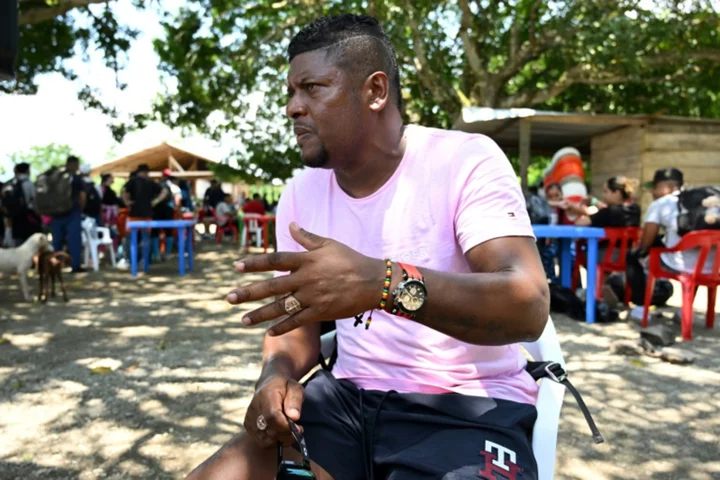Sen. Dianne Feinstein's office confirmed on Thursday that the California Democrat experienced broader health complications following her shingles diagnosis, contradicting an earlier denial from the senator herself.
A Feinstein spokesperson said in a statement to CNN that those complications "included Ramsay Hunt syndrome and encephalitis."
The spokesperson added, "While the encephalitis resolved itself shortly after she was released from the hospital in March, she continues to have complications from Ramsay Hunt syndrome."
Earlier on Thursday, Feinstein told CNN she did not have encephalitis, saying, "it really has never been diagnosed properly."
"It was really a bad flu," Feinstein said, adding, "I'm doing better, thank you."
It is rare for a Senate office to publicly contradict its own senator.
Feinstein has been dogged by health questions for years, including over her memory -- questions that have only intensified during her monthslong absence from the Senate and her recent return.
Encephalitis is inflammation of the brain; it can be caused by many types of infections, but it is known to be a rare complication from shingles. Ramsay Hunt syndrome can occur when a case of shingles affects a facial nerve close to an eye, according to the Mayo Clinic.
Senate Majority Leader Chuck Schumer declined to comment Thursday when asked by CNN if he was aware of the additional diagnosis. Senate Majority Whip Dick Durbin told CNN he was unaware of the additional illness.
The 89-year-old Democrat had been recovering from shingles at home in California, and had been absent from the Hill since February prior to her return.
The New York Times was first to report on undisclosed complications that Feinstein has experienced following her shingles diagnosis, including encephalitis.
In a statement released by her office last week, Feinstein said that she is still "experiencing some side effects" from shingles and her doctors have advised her to "work a lighter schedule" as she returned to the Senate.
People suffering from encephalitis can experience confusion, lethargy, weakness and seizures, or even die from the illness, Sanjay Gupta, CNN's chief medical correspondent, said Friday on "CNN This Morning."
"It's challenging, and then also to know exactly at what point do you say, 'It is resolved,' that can be a challenge as well," Gupta said. "Young or old, it can be hard, but especially challenging in the elderly."









